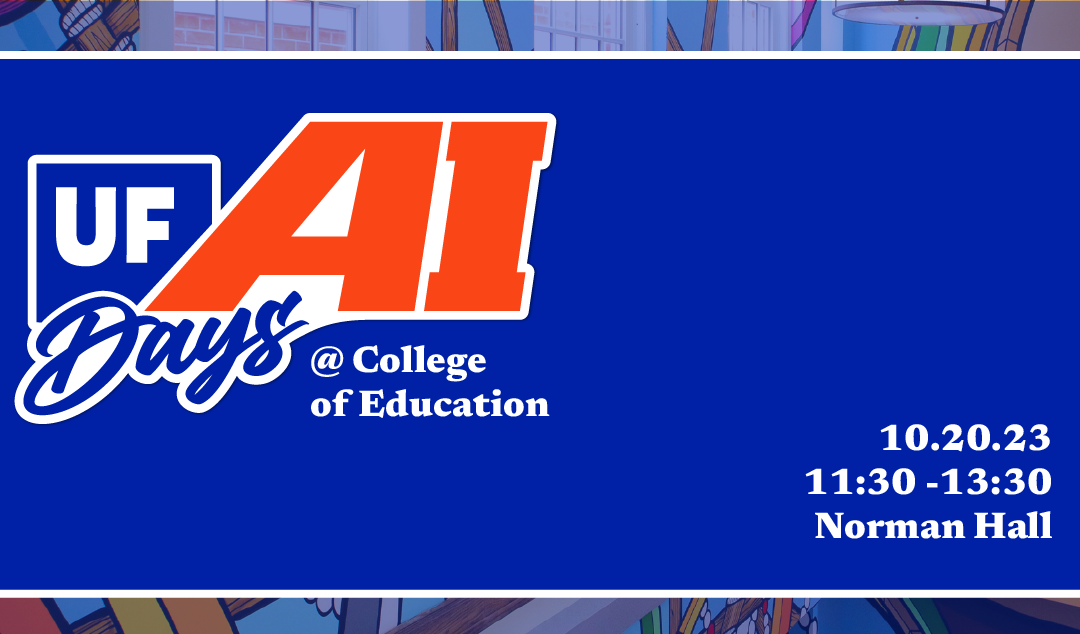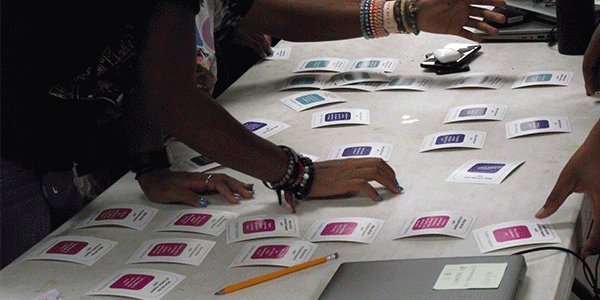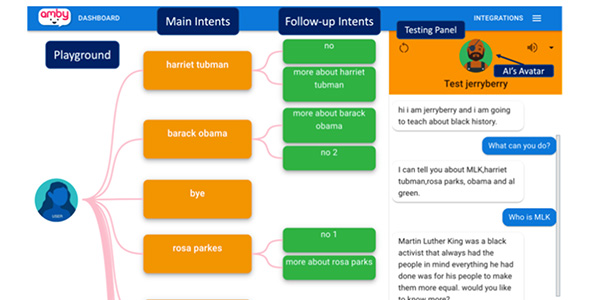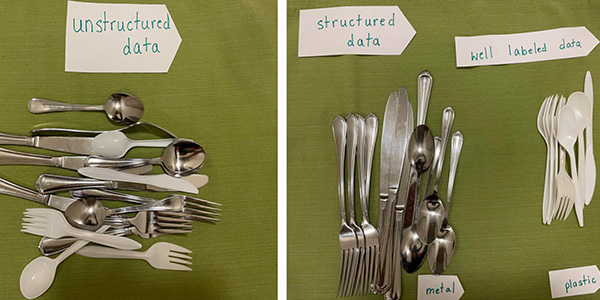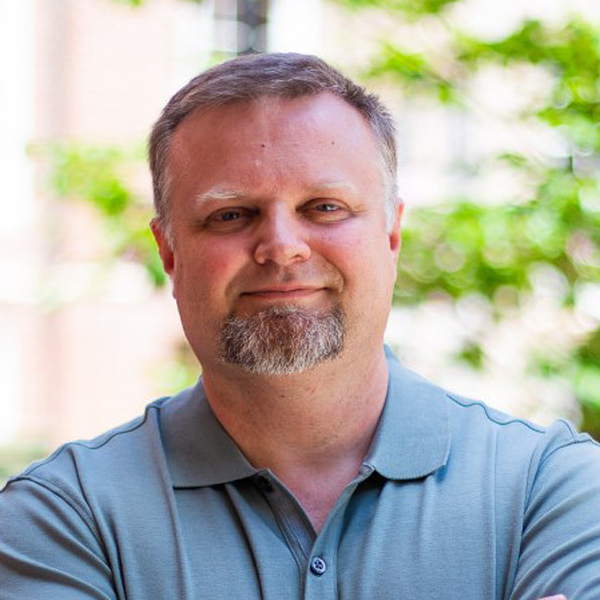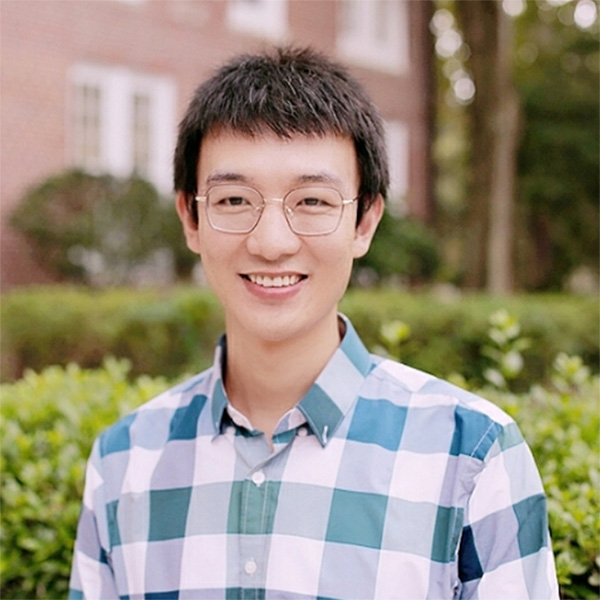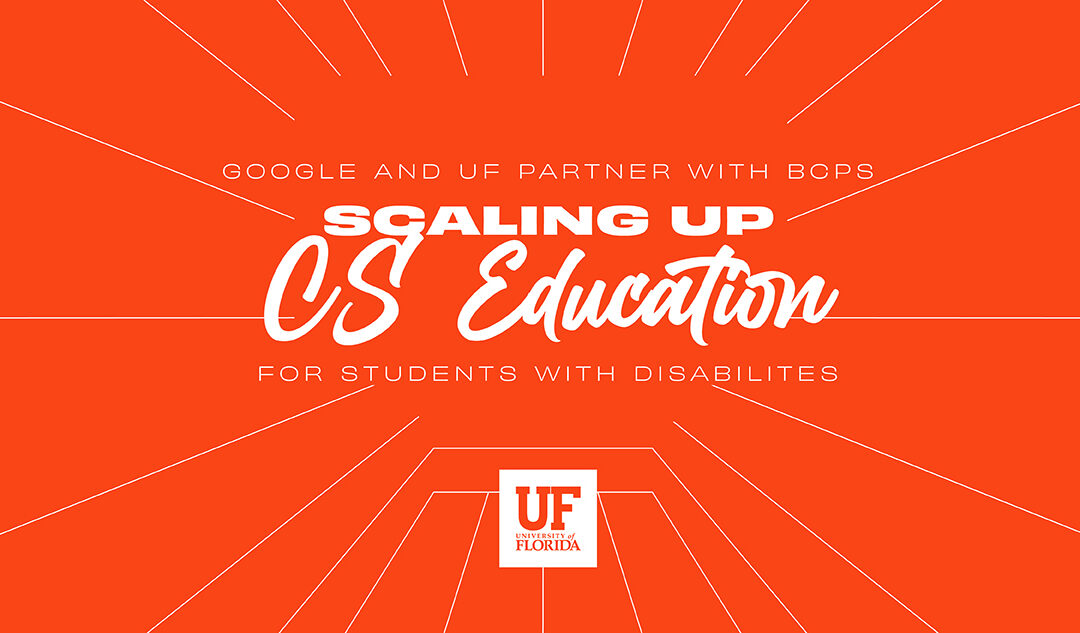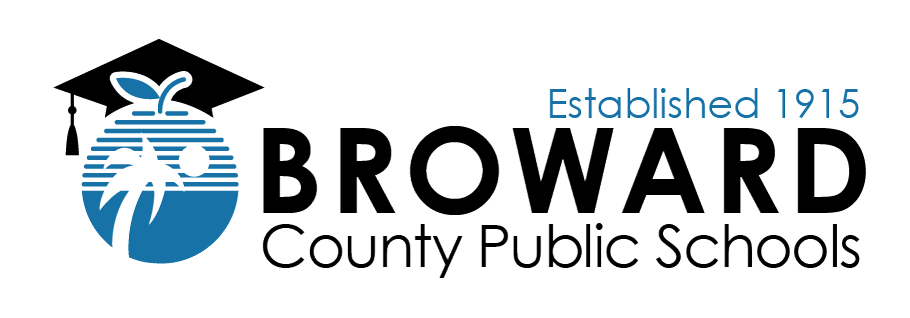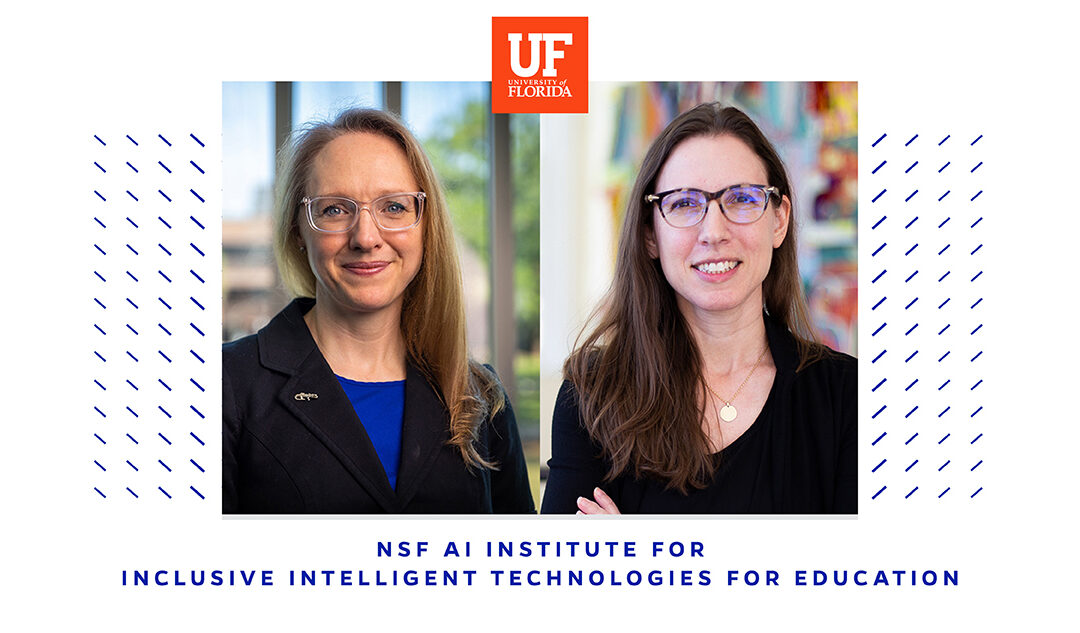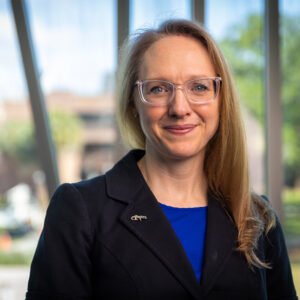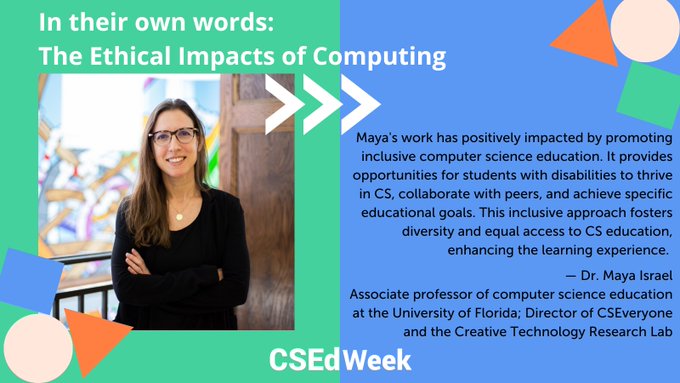
Maya Israel recognized as a CS Hero
Dr. Israel uses research-based approaches to advocate for inclusive K-12 Computer Science Education where students feel they belong in computer science classrooms — CSEdWeek
Maya Israel Ph.D., associate professor of Educational Technology and Computer Science Education, has been recognized as a 2023 CS Hero by CSEdWeek.
Israel was named a CS Hero for her outstanding contributions to computer science education. Her research focuses on providing accessible computer science education for all kinds of learners, especially students with disabilities. This honor comes on the heels of earning the 2023 AccessComputing Capacity Building Award in November.
Using accessible strategies, Israel’s research creates meaningful engagement with science, technology, engineering and mathematics (STEM) computer science education, and Universal Design for Learning (UDL). She is currently the director of the newly formed CSEveryone Center for Computer Science Education as well as the Creative Technology Research Lab.
As a CS Hero, Israel shared research findings and resources for educators to implement in their classrooms. On her profile, she provides a detailed video on computer science as well as UDL-guided lessons teachers can use in their classrooms.
Israel has participated as a speaker in CSEdWeek panel discussions centered around computer science education. As a named hero, Israel’s dedication to inclusive computer science education not only inspires educators but also significantly advances opportunities for all learners.
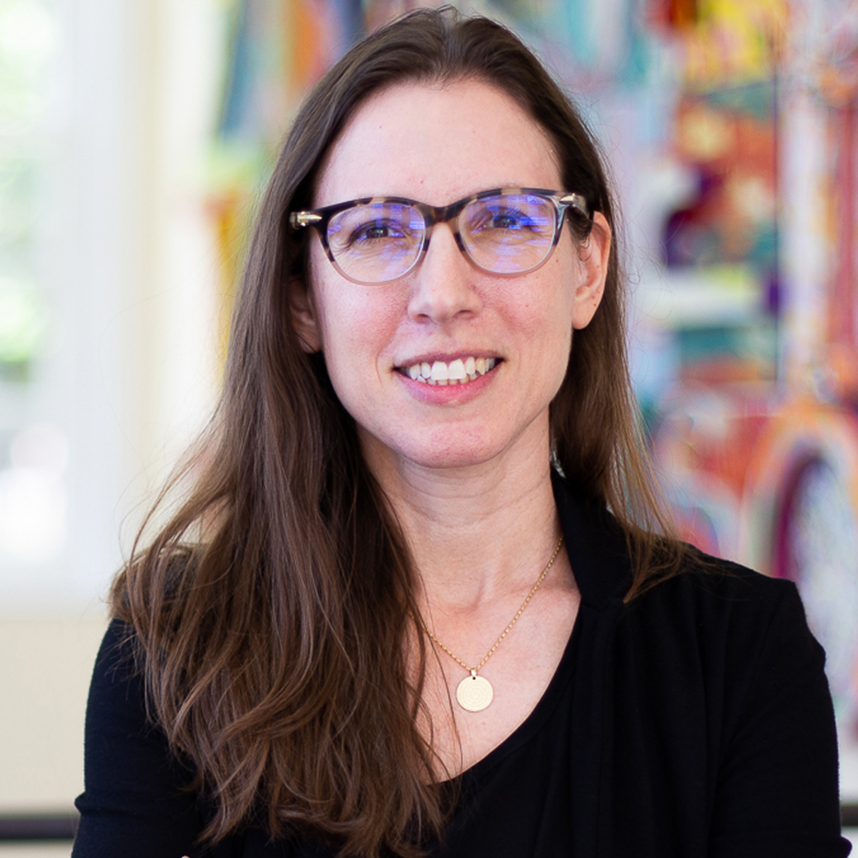
Maya Israel, Ph.D.
I’m so honored to be included with these inspiring folks who are doing amazing CS Ed work!!! @CTRL_UF @UF_COE https://t.co/Q9kipf5d1J
— Maya Israel (she/her) (@misrael09) December 5, 2023

